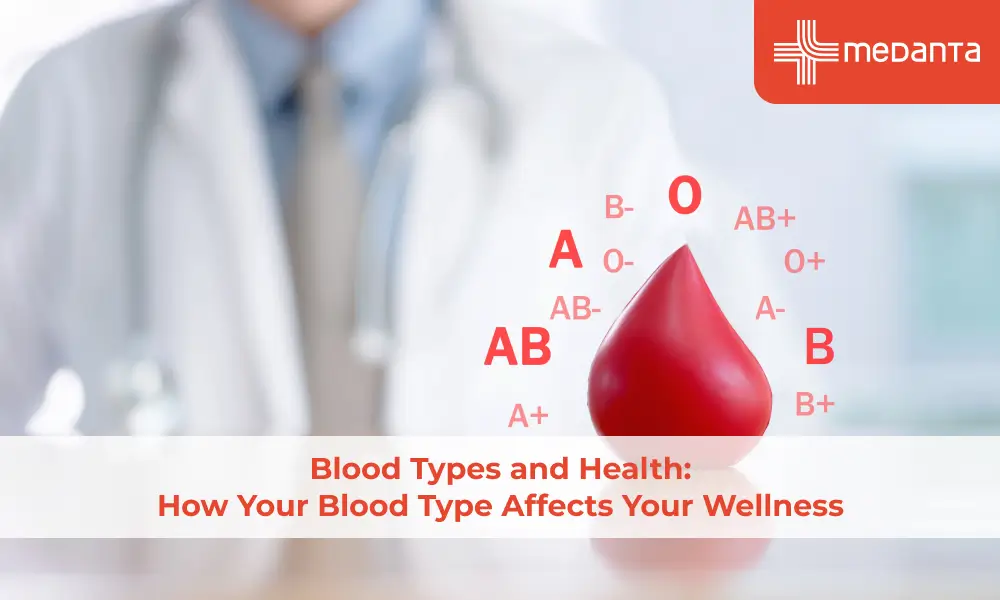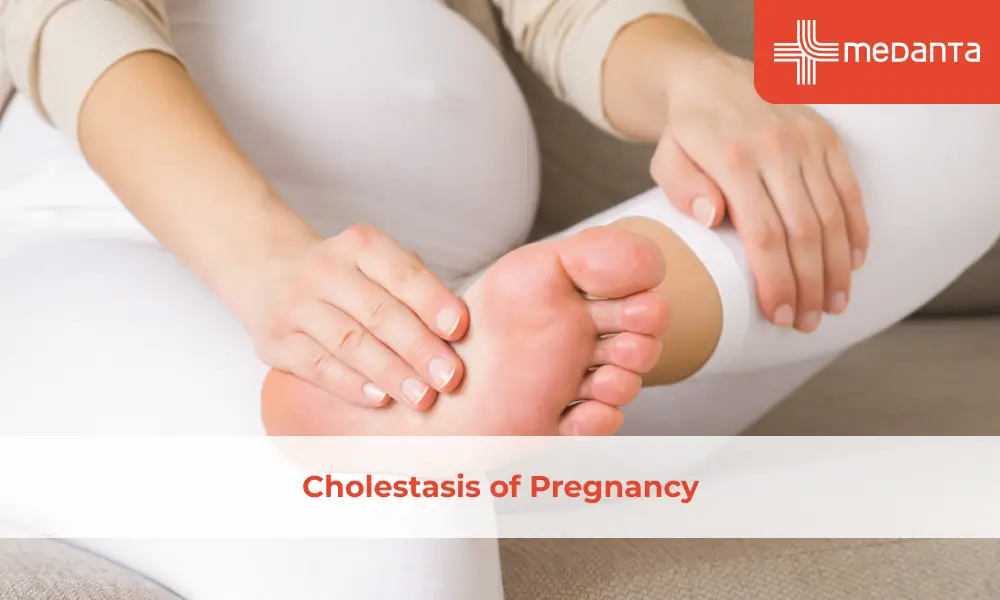Breast Cancer Prevention – An Everyday 5 Rule Cheat sheet

Breast cancer has emerged as one of the most fatal diseases for women all over the world. According to Cancer.org, in the United States, 1 out of 8 women will be the target of breast cancer at any point in their life.
The stats are really concerning, but if the disease gets detected at an early stage and the patient goes under regular screening, the fatality rate can be slashed by a great margin.
What is Breast Cancer?
Breast cancer is a serious condition where abnormal cells form in the breast tissue spread to different parts of the body. When cells in the breast begin to divide abnormally, it leads to breast cancer. Ductal carcinoma and Lobular carcinoma are some of the types of breast cancer to name among the various types of breast cancer.
5 Everyday Habits for Breast Cancer Prevention
Breast self-examination
Examining your breasts is perhaps the most effective thing you can do to detect any anomaly in your breasts and detect it beforehand. Here’s how to perform a breast self examination (BSE) on your own:
- In a mirror, check visually whether you notice any abnormalities in the breast health including any change in size, colour, or shape of the breast. Check whether you have -
- Any lumps in the breast area.
- Any sudden change in the size of the breast
- Any abnormal change in the nipple
- Lay down and press your breasts with your fingers to inspect any abnormalities, particularly lumps or thickening. Apply light pressure at first on your breasts and slowly vary the pressure.
It’s recommended to perform this examination after every menopause because the breast then remains soft. If any of the symptoms resemble, it doesn’t necessarily have to mean that it’s cancer. Don’t panic. The best move would be to make an immediate appointment with your doctor.
Weight & Diet:
Maintaining a healthy weight greatly reduces the chance of breast cancer. Additionally, it’s also very important to follow a healthy diet to lower the chance of breast cancer.
A simple index that you can use to determine whether you are overweight or not is to calculate your body mass index (BMI).
BMI = your weight (in KG)/(your height)^2 (in meter)
If your body mass index is somewhere between 18.5 and 24.9, you are neither underweight nor overweight. Anything below 18 means you are underweight and anything above 25 means you are overweight. A Body Mass Index over 30 is considered obese.
Diet tips you should follow for a healthy body include -
- Don’t forget to keep some green vegetables, and grains in your diet every day.
- Try avoiding processed foods as much as possible. Also, don’t eat foods that are high in saturated fatty acids.
- Don’t overeat - not even healthy foods. It may contribute to weight gain.
It’s also important to get engaged in different physical activities to keep your body fit and active, especially if your job or lifestyle makes you sit in one place for a prolonged time.
Manage stress:
Regular exercise helps to keep your body active and fresh. We shouldn’t forget that we also need to keep our brains fresh to boost our overall well-being.
Things you can do to manage your stress level include -
- Practicing relaxation techniques, meditation, or yoga regularly.
- Get enough sleep depending on your age. For women aged over 40, you should aim to get 7-8 hours of sound sleep every night. Try to follow a proper sleep cycle - go to bed and wake up at a fixed time.
- Spend time with your family and friends. Get engaged in some fun yet healthy activities with them
- Spend time on yourself - give some time to your hobbies.
- Stay away from people who you think can be a cause of stress.
- Listening to music or ambient noises is also reported to bring a reduction to stress levels.
Breastfeed:
Researchers have observed that breastfeeding reduces the chance of breast cancer (particularly before menopause). Triple-negative is an aggressive type of breast cancer which breastfeeding helps to reduce the risk of. Studies show there is a 20% reduction in the chances of breast cancer for women who have been breastfeeding for a prolonged time.
The more time breastfeeding, the less the chance of developing breast cancer. It has been found that breastfeeding for 12 months reduces the chance of developing breast cancer by 4.3% while a 2-year tenure of breastfeeding helps the most.
Unfortunately, globally breast cancer reduction hasn’t seen much improvement as the breast cancer rate for not breastfeeding stood at only 4-5%.
Limit smoking and alcohol consumption:
Alcohol interrupts the normal hormonal balance in our body. For women, it increases the level of estrogen hormone in the body. This can, in the worst cases, lead to the development of breast cancer.
Studies have found a direct connection between alcohol consumption and developing the risk of breast cancer. A study conducted by the World Health Organization (WHO) on women from Europe shows that women who consume alcohol regularly have a 7% increased chance of developing breast cancer.
Conclusion:
Prevention is always better than cure. A healthy diet and reduced stress can all be helpful to reduce the risk of breast cancer but none can cut down the risk to zero. Similarly, while breast self-examination (BSE) can be helpful in detecting anomalies in the breast, it's not a replacement for a medical checkup.




